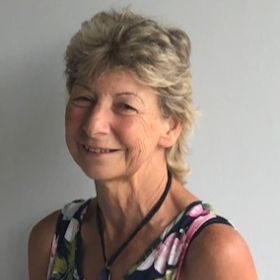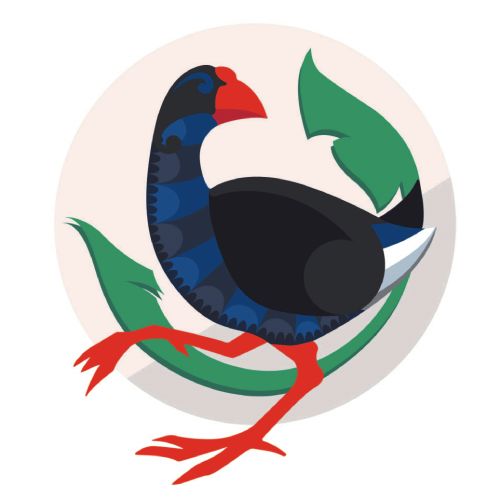The counsellors at Aotea College seek to assist students to increase their understanding of themselves and their relationships with others. They can help young persons to develop more resourceful ways of living, and to bring about change in their lives.
Guidance Counselling
We see counselling as:
- A purposeful conversation that helps students find ways to work through and/or understand problems
- Increasing a person’s understanding of themselves and their relationships with others
- Developing more resourceful ways of managing problems
- Managing interpersonal relationships
- Sharing experiences in a safe environment
- Replacing harmful or unhelpful thoughts with alternatives
- Seeing the problem as the problem, not the person as the problem
- Reducing stress by teaching coping skills and strategies
- A voluntary service
Referral Form
Any new referrals that come in will be allocated to the next available counsellor
Problems counsellors can help with
- Abuse
- Adolescent issues
- Anger issues
- Anxiety
- Behavioural issues
- Bullying
- Communication
- Eating disorders
- Emotional regulation
- Family
- Friendships
- Identity
- Life skills
- Loss and grief
- Mental health
- Relationships
- Self awareness
- Self harm
- Sexuality
- Suicidal ideation
- Transition
Confidentiality
- Counsellors treat communication between counsellor and client as confidential.
- Counsellors shall only make exceptions to confidentiality to reduce risk
- If there is serious danger in the immediate or foreseeable future to the client or others
- If the client’s competence to make a decision is impaired
- Legal requirements demand that confidential material be revealed
Wellbeing passes
- Counsellors issue and keep a record of wellbeing passes
- Wellbeing passes are laminated blue slips with ‘Wellbeing Pass’ and the student’s name on top
- The contract negotiated with the student is on the back of the pass and is emailed to the student’s subject teachers, hui ako teacher and whanau leaders
Example:
Please allow …….. to leave class when she needs time out. She will go to the area in front of the counselling rooms or into the Quiet Space. She will use one of the breathing techniques and/or mindfulness exercises that are displayed on the wall in the Quiet Space. …. is familiar with those. She will return to class within 20-30 minutes
Withdrawal to Quiet Space and Waiting Area
- These places are for students who might get overwhelmed, struggle with anxiety and need time out from their class
- We prefer that they are used by students who have a wellbeing pass and/or students who are brought there by a teacher
- The Quiet Space has mindfulness and calming exercises displayed on the wall
- We cannot monitor who is using the place all the time so trust is important
- No eating in the spaces
The Counselling Team

Dr Maria Kecskemeti

Jenny Drummond

Bernice Cavanagh
























